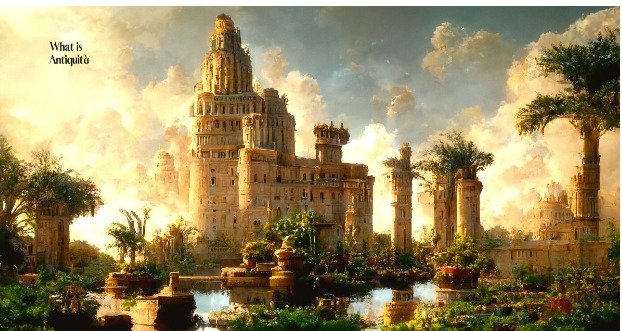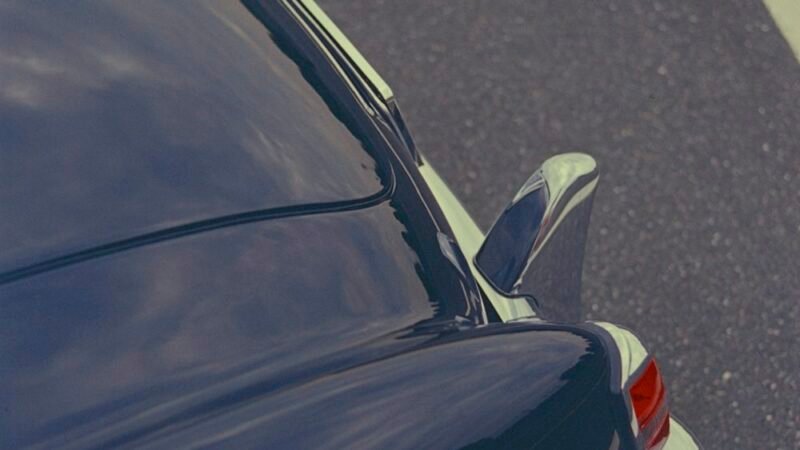What is Antiquità? Everything You Need To Know

Overview of Antiquità
The term “antiquità,” derived from the Italian word “antico,” which means “prehistoric,” describes things that have persisted from antiquity and have historical, social cultural, or creative importance. These remnants are vital to comprehending the historical progression of humanity and offer invaluable insight into long-gone civilizations.
The Chronicle of Antiquity
The idea of antiquities maintenance extends back a long time when early merchants and scientists realized. How important it was to preserve treasures from the past. The investigation of antiquità has been a constant movement, spanning from the 18th-century demolition of Pompeii through modern archaeological digs.
Classification of Antiquity
The term “Antiquità” denotes a broad category of items, including carvings, jewelry, coins, and pottery in addition to amazing structures like temples, outdoor venues, and ruins. Antiques also include old texts, scrolls, and signs, which offer significant glimpses into historical society.
Classical Significance
The historical, social, and artistic value of antiquità is vast. They provide concrete links to our past, reflecting their practices, indictments, and victories. Antiquities also foster knowledge and appreciation of other cultures and aid in preserving cultural heritage.
The efforts toward safeguarding and Conservation of Antiquities are exposed to a wide range of hazards despite their long lifespan. Including theft, decay through natural processes, and illegal trading. Prevention tools like controlled settings and mindful handling are combined with conservation efforts, such as disinfection, preservation, and rebuilding.
Antiquità Marketplace
Older objects can be sold for high prices in the artifacts market, which is a multifaceted and sometimes combative economy. Authorized sales support educational research and exhibits at museums, but there are also challenges with the market. Including criminal activity, forgery, and looting, which create ethical conflicts and regulatory challenges.
Principles for Ethics:
Due to invasion, war, or illicit drilling, many cultural items have been taken from countries of origin, making the custody and homecoming of antiquities awkward. There is a continuous effort to save archaeological sites from more destruction and return looted artifacts to their proper owners.
-
Outstanding Finds from Antiquity
Various novel finds have been made throughout history, revealing long-lost empires and deepening our grasp of the past. These famous holy items, which range from the Stone of Sharon to the Terracotta Army, never cease to fascinate and enthrall people.
-
Technological Place in Examinations of Antiquity
New technologies like artificial intelligence, imaging through satellites, and 3D scanning have entirely altered how antiquities are studied and preserved. With the aid of such tools, archaeologists may precisely examine objects, digitally reproduce historic sites, and provide the public with immersive lessons.
-
Traveling to Antiquità
The appeal of ancient treasures and ancient monuments draws a billion travelers annually to antiquity-rich places like Rome, Athens, Greece, and Cairo. Although visitors have the potential to boost local economies. There are dangers as well in connection to environmentally conscious growth, congestion, and sustainability.
-
Debate regarding Antiquità
Antiquity theft and illegal movement continue to be issues and to driven by the black market and consumer demand. Intergovernmental teamwork, law enforcement actions, and general knowledge initiatives to discourage illicit transactions. And defend cultural assets are all part of the fight against plundering and smuggling.
-
Learning and Research Possibilities
Fieldwork, internships, academic events, university courses, and research alternatives abound in the field of archaeology studies. Contact with antiques promotes an expanded awareness of the past by offering insightful perspectives on excavations, history, art history, and studies of culture.
Antiquità Scholars’ Future
Antiquities studies have both a promising as well as unsure future as issues worldwide change and advances in technology happen. New developments in community participation, multidisciplinary inquiry, and digital archaeology bring Novel chances for scrutiny, but persistent hazards to cultural heritage urging coordinated action.
Conclusion:
To sum everything up, antiquità is a rich weaving of human history that awe and fascinates by providing views into long-gone civilizations. We can make sure that these gems are preserved so that younger people can find and adore them through research, preservation, and ethical maintenance.
Frequently Asked Questions
-
What exactly does it mean by an antiquità?
Objects or structures that endured from ancient times and have past, cultural, or aesthetic importance can be referred to as antiquità.
-
How can I assist with the preservation of antiquità?
By assisting with archaeological groups, funding cultural heritage projects, and championing ethical tourism practices, you can help with the ongoing care of antiquities.
-
Are there any widely recognized cases of antiquità theft?
Indeed, there have been several widely reported instances of antiquities theft throughout history, such as the Basra Museum pillagers during the Fraser Marbles’ burglary from Athens and the Battle of Iraq.
-
What ethical issues exist in the market for antiquities?
The illicit unearthing and trafficking of objects of value, the ownership and return of missing items, and the commercial usage of heritage assets are among the ethical issues facing the antiquities industry.
Read More On: Duggar News








